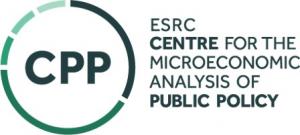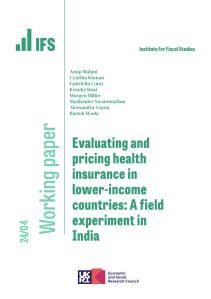Download Carol Propper's slides | Download Nigel Edwards' slides
The COVID-19 pandemic has led to dramatic changes in the delivery of routine health and social care in England. This is as a result of both a reorganisation of resources in order to focus on COVID-19 patients and to minimise infection risk for other patients, and changes in care-seeking behaviour by patients.
At this IFS/Nuffield Trust event, we will draw upon research from both organisations, survey data and official NHS statistics to examine the scale and nature of disruption in recent months and who has been most impacted.
We will explore the findings of new IFS work that outlines changes in the use of health and social care among the older population in England during the first three months of the pandemic. Using survey data from a representative sample of the population in England aged 50 and above, we examine how use of hospitals, prescription medication, GPs, and community health and social care services were affected between February and May 2020. At this event we explore the findings of this research, and discuss what this means for policy during a second national lockdown.
To put these findings in context we will then examine the dramatic effect that the pandemic has had on long-standing trends across the health care system. Has the March shutdown of elective care stored up future problems for the NHS? What effect will the sudden shift to remote and digital forms of healthcare have? Which changes have been for the worse, and which for the better? We use routine health system data to piece together a wider picture of a pivotal year for the health service.
Speakers at this event will be:
- Carol Propper, Research Fellow, IFS, and Professor of Economics, Imperial College Business School
- Nigel Edwards, Chief Executive, Nuffield Trust
After the two presentations there will be plenty of time for questions.
The IFS research presented at this event was funded by Economic and Social Research Council (ESRC), as part of UK Research and Innovation’s rapid response to COVID-19 (ES/V009508/1). A related paper can be found by clicking here.










